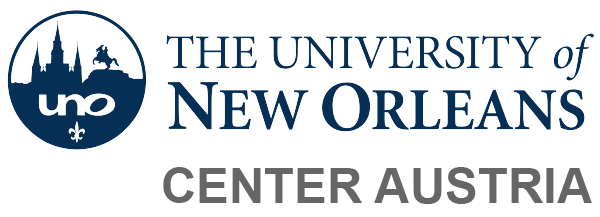Volume 22: Austria's International Position after the End of the Cold War
Günter Bischof/Ferdinand Karlhofer, eds.
Austria's International Position after the End of the Cold War
Contemporary Austrian Studies 22.
New Orleans-Innsbruck: UNO Press-innsbruck university press 2013
The Iron Curtain came down in 1989 and Austria found its international position dramatically changed after the end of the Cold War. Austria joined the European Union in 1995 and aligned its foreign policy with the EU. Unlike its neighbors to the East, it did not join NATO but continued its policy of neutrality. Austria strengthened its trade and investments in Central and Eastern Europe. Austria experienced devastating wars in its neighborhood in the Balkans and Austrian diplomats served as mediators in the region.
Günter Bischof, Ferdinand Karlhofer, eds.
Austria's International Position after the End of the Cold War
Contemporary Austrian Studies, vol. 22 (2013)
Preface
Introduction
Günter Bischof (University of New Orleans)
From Cold War Mediator to Bad Boy of Europe: Austria and the U.S. in the Transatlantic Arena (1990-2013)
Austrian Foreign and Security Policy
Ursula Plassnik (Austrian Ambassador, Paris)
Austria's Foreign Policy Agenda: From the Cold War to the European Union
Emil Brix (Austrian Ambassador, London)
Cultural and Public Diplomacy after the Cold War
Erwin A. Schmidl (Austrian Defense Academy)
Austrian Security Policy after the End of the Cold War
James Sheehan (Stanford University)
What Does It Mean To Be Neutral? Postwar Austria from a Comparative Perspective
Eastern Europe and the Balkans
Arnold Suppan (Austrian Academy of Sciences)
Austria and Eastern Europe in the Post-Cold War Context
Hanspeter Neuhold (University of Vienna)
The Return of History in the Balkans after the Cold War: International Efforts at Conflict Resolution
Andreas Resch (Vienna University of Economics and Business Administration)
Austrian Foreign Trade and Austrian Companies" Economic Engagement in Eastern Europe
Foreign Policy and Memory
Norman Naimark (Stanford University)
Historical Memory and the Debate about the Vertreibung Museum
Nontopical Essay
Ferdinand Karlhofer (University of Innsbruck)
The Rise and Decline and Rise of Austria's Radical Right
Book Reviews
Dieter Stiefel, Camillo Castiglioni oder die Metaphysik der Haimfische (Böhlau 2012) by Harold James (Princeton University)
Brigitte Kepplinger and Irene Leitner, eds., worked on by Andrea Kammerhofer,Dameron Report: Bericht des War Crimes Investigating Teams No. 6824 der U. S. Army vom 17. 7. 1945 über die Tötungsanstalt Hartheim by Gerhard Weinberg (University of North Carolina, Chapel Hill)
Thomas König, Die Frűhgeschichte ds Fulbright Program in Österreich: Transatlantische „Fűhlungsnahme auf dem Gebiete der Erziehung"(StudienVerlag 2012) by Berndt Ostendorf (University of Munich)
The Expulsion of the Sudenten Germans from Postwar Czechoslovakia : Adrian von Arburg, Tomáš Staněk, eds., Vysídlení Němců a proměny českého pohraničí 1945 - 1951 : dokumenty z českých archive; 1. Češi a Němci do roku 1945 : úvod k edici; 2.1. Duben - srpen/září 1945: "Divoký odsun" a počátky osídlování (Středokluky 2010-201) by David Schriffl (Austrian Academy of Sciences)
Heinz Kienzl/Herbert Starke, eds., Anton Benya und der Austrosozialismus(OeGB Verlag 2012) by Anton Pelinka (Central European University, Budapest)
Margit Reiter and Helga Embacher, eds., Europa und der 11. September 2011(Vienna: Böhlau Verlag 2011) by Gűnter Bischof, University of New Orleans
Annual Review of Austrian Politics

